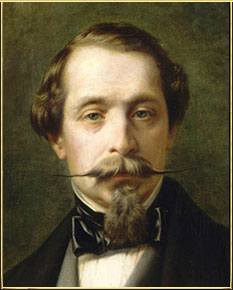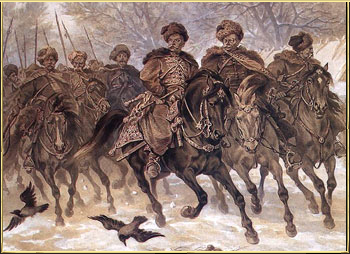To All: Update will be tonight or tommorrow, I was just leaving it to see if I would get any more comments
 demokratickid:
demokratickid: Well one would hope that in such wars of attrition, Germany would be the victor, and Germany is still in possetion of Metz and Strasbourg, but there are such internal weaknesses in the new German 'Union' that attrition is no a viable way to do things at this point.
Enewald: I doubt I will reach Paris, and I never really had my heart in it to be frank, for reasons discussed by Bismarck. As for Denmark, no, they have not seen the back of Germany yet. I have more land to demand yet!
geek_knight: Maximilian is not an ingame character, and if he was he wouldn't be AI, he would be a general of Germany, not Bavaria. But by putting such a prominent figure in charge of the front, I wanted to show the immense power being vested in the Dukes to ensure their loyalty to the soon-to-be Emperor.
coz1: Well it is still not too bad, and I should be able to avoid major land wars in Europe before Breech-loaders come in. So I am only having to deal with Rifles at the moment. So I will get Inkerman casualties, not Sedan casualties. Still, it can exactly be said that victories are costless. Strasbourg was surprisingly costly. But you know how it is, you have pinned so much hope on one battle, and then casualties begin to mount but you can't let up, as then all those deaths would have been a waste, but then the casualties continue to mount. It is a physcological test of how far you are willing to go.
comagoosie: Well, time has hardly flown. So far I have conquered Hati, Mexico, beaten Russia, Austria twice, Denmark and brought France to a standstill. And all that in 9 years of a 100 year game. Not bad progress I think, but the Rhine front has been slow, I admit, but not nearly as tense as that month on the Vistula!
Eöl: Thank you. The fighting was desperate, and there was always a possiblity of encirclement, and I was foolish pinning all my hopes on one battle... so I blamed it on an insufficient Bavarian! Denmark has not seen the start of it yet!
canonized: Well I predicted something of the sort, and the fact that both I and the French had to mobilise slowly meant that there were always going to be large numbers of troops facing each other when mobilisation was finished, and my failed attempts at taking French colonies was the one way I had seen around it, just not enough power behind them. But yes, I will now have to be more innovative, not easy though...
phargle: We shall have to see what the nations think, but a white peace, yes, it would suit me. And I think the French would probably well agree. We need a small half-time to get our forces ready and fight a proper war that will truly test who is the better nation. And you are correct, this was not sticking with the rudimentries of what I will now dub 'Carefully Applied Force Theory' (I might write a chapter soon of just exactly what it entails) and Germany will have to take on just what Prussia has learnt to make the new nation as successful as its founder. Time will tell...



